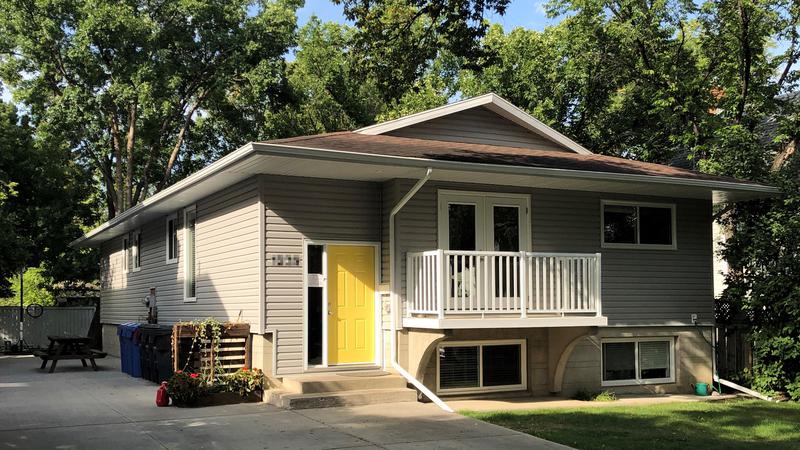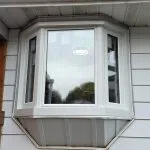
Engineering tech programs adapting to COVID changes at Alberta’s colleges, including Lethbridge
LETHBRIDGE, AB – The COVID-19 pandemic has caused a shift on how classes are taught at every educational level, including post-secondary.
For schools whose education of engineering technology students usually relies on hands-on courses, the pandemic has forced a change in how programs are delivered.
Engineering technology is, in most cases, three years of learning compressed into a two-year program at any four of Alberta’s technology institutes and colleges: Lethbridge College, NAIT, SAIT and Red Deer College.
The Association of Science and Engineering Technology Professionals of Alberta (ASET) says Lethbridge College was ahead of the curve when it comes to COVID-19 preparedness, due in part to its mandatory laptop requirement for students in all engineering technology programs.


